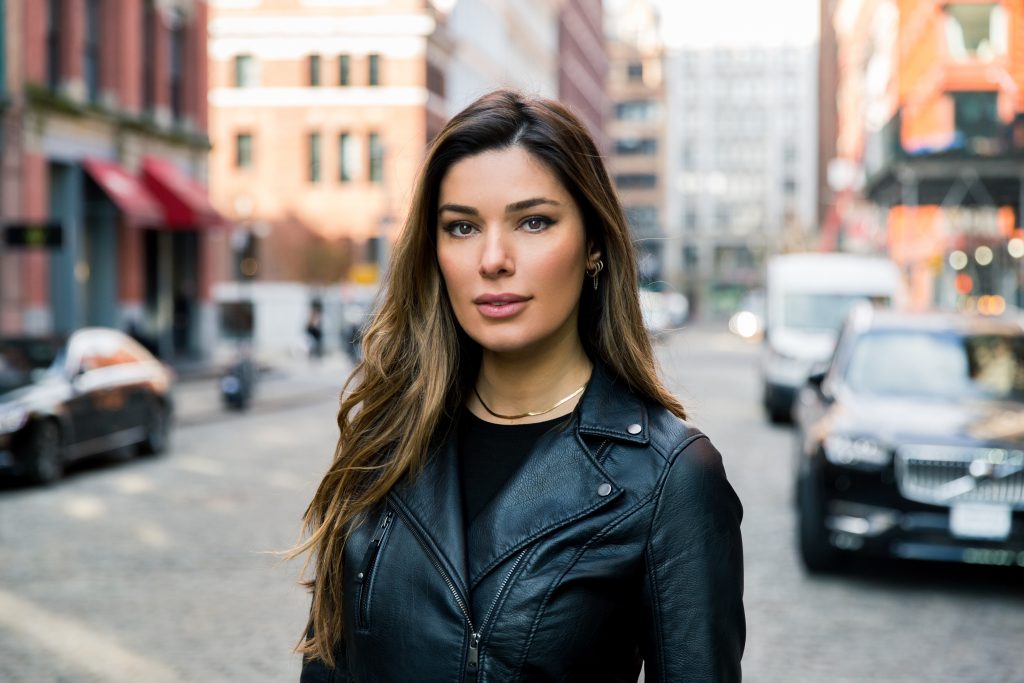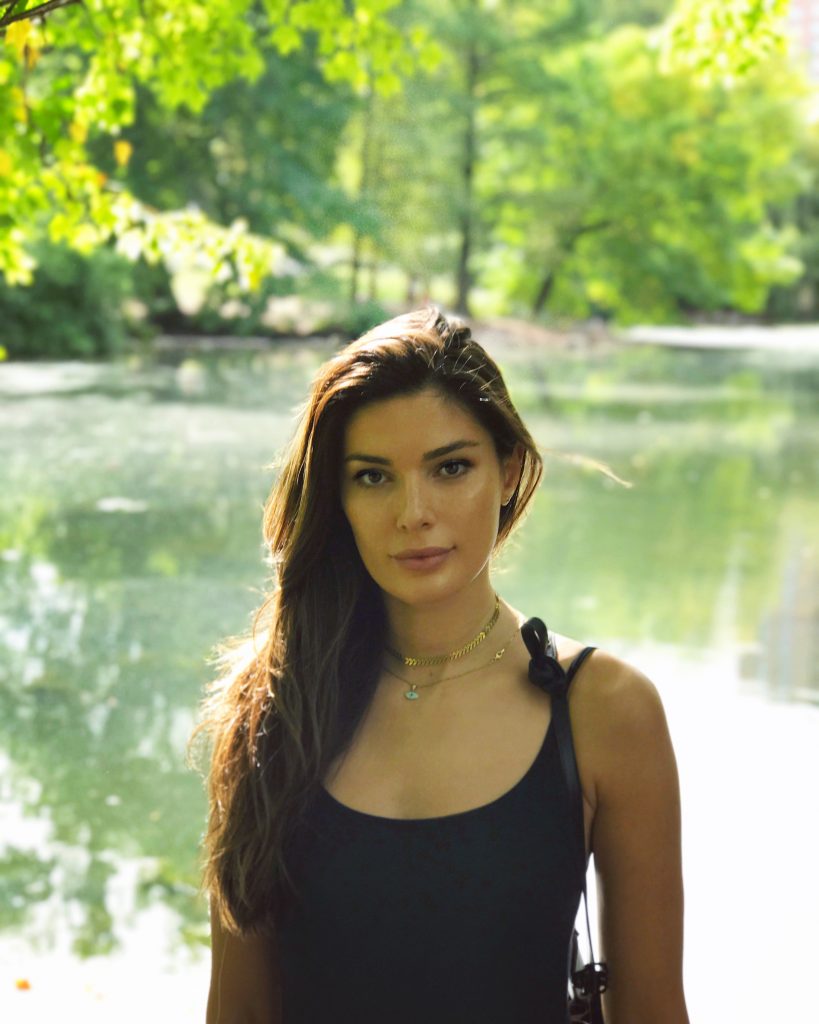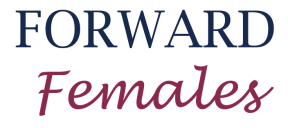
Alice Panikian was Miss Canada in 2006 and former professional model. She currently works in operations at a small venture capital firm. Panikian has become a leading voice advocating for nontoxic beauty, gaining fame through her blog The Bronde and her Instagram account @alicepanikian. On The Bronde, Panikian shares helpful tips on how to live a healthier lifestyle, recommends the best clean products and elucidates the complicated and often opaque nontoxic beauty industry.
Why did you start The Bronde?
In 2013 I was diagnosed with endometriosis, a reproductive disease that afflicts an estimated 1 in 10 women. I did a lot of research and found out that certain chemicals like parabens can mimic estrogen in the body. Since endometriosis is an estrogen dependent disease, I thought it made sense for me to avoid these chemicals.
I was upset to discover that the FDA has almost no regulations in place and the cosmetics industry is essentially self-regulated. This means that cosmetics companies are free to put almost anything in their products, even known carcinogens and hormone disruptors. For years I had been unknowingly exposing myself to harmful, toxic chemicals on a daily basis, which undoubtedly played a big role in the advancement of my endometriosis.
I started writing about nontoxic beauty and was encouraged by the overwhelmingly positive response I received.
Do you think being a former Miss Canada has helped give you this platform?
I’m so grateful for that experience and definitely think it has allowed me to build the network that I have today. I only wish I had been Miss Canada during the Instagram era so that I could have reached a larger audience.

What advice do you have for a newbie looking to make a transition to nontoxic beauty?
Start slow because it is overwhelming and expensive if you do a complete overhaul of your products. However, once you know the truth about what’s in your products it’s hard to keep using them. I used most of my products until I ran out and then swapped them out. There are places to shop that only sell nontoxic products like The Detox Market and Credo, which take the guesswork out of it for you.
You can also go through all of your products and look them up on the Think Dirty app, which rates products from 1-10 based on toxicity. If they aren’t on Think Dirty, try using the EWG Skin Deep page.
What are your top makeup and skincare products?
Skincare:
Beauty:

What are the top products to avoid?
Baby powder. Recently women with ovarian cancer have been linked to specifically using Johnson & Johnson baby powder. Baby powder has talc, which is often contaminated with asbestos, a known carcinogen.
Be wary of any products that contain “fragrance.” Brands don’t have to disclose what’s in a fragrance since they can claim it’s proprietary information. Therefore, they often hide harmful ingredients in the fragrance.
Does your dedication to nontoxic beauty extend past skincare and makeup to an overall lifestyle?
It definitely does. I’m not a scientist or a doctor but intuitively I know that our choices are really important for our wellbeing. I want to lead as nontoxic a life as I can. I try to eat organic and make healthy choices, but I definitely have my vices – I love pasta, cheese and chocolate.
Where do you think the nontoxic beauty industry is heading?
I compare it to organic food. People became more conscious of what they were eating and now the organic food market is huge. People care about what they’re putting in their bodies and now they’re starting to think more about what they’re putting on their bodies.
Reproductive issues, autism, chronic illnesses, and cancer are prevalent. Something in our environment is causing us to get sick. People are realizing that the environment – and not just genetics – is playing a critical role. Clean beauty is going to blow up. You have to be careful, though, because a lot of conventional brands are trying to “green wash” their products, which is when they use certain packaging and marketing to pretend they’re more clean than they actually are. Anyone can slap the word “natural” on a product and it doesn’t mean anything.
